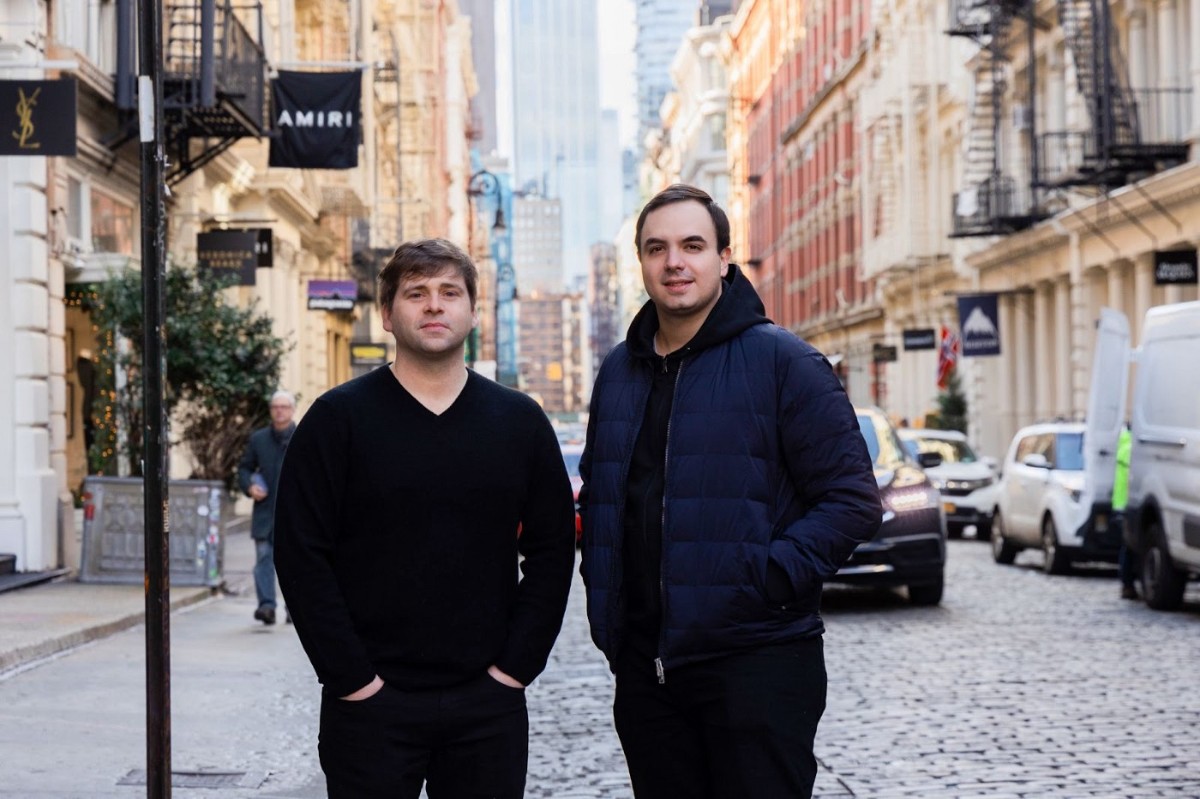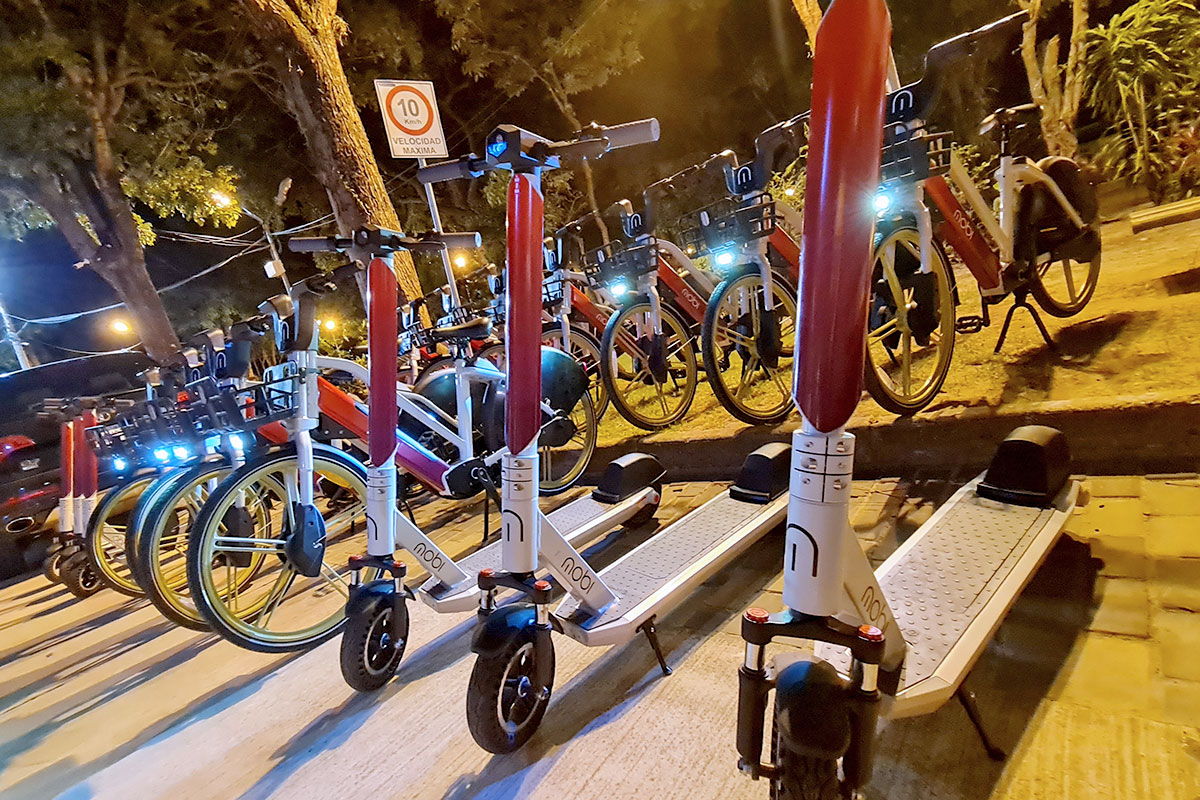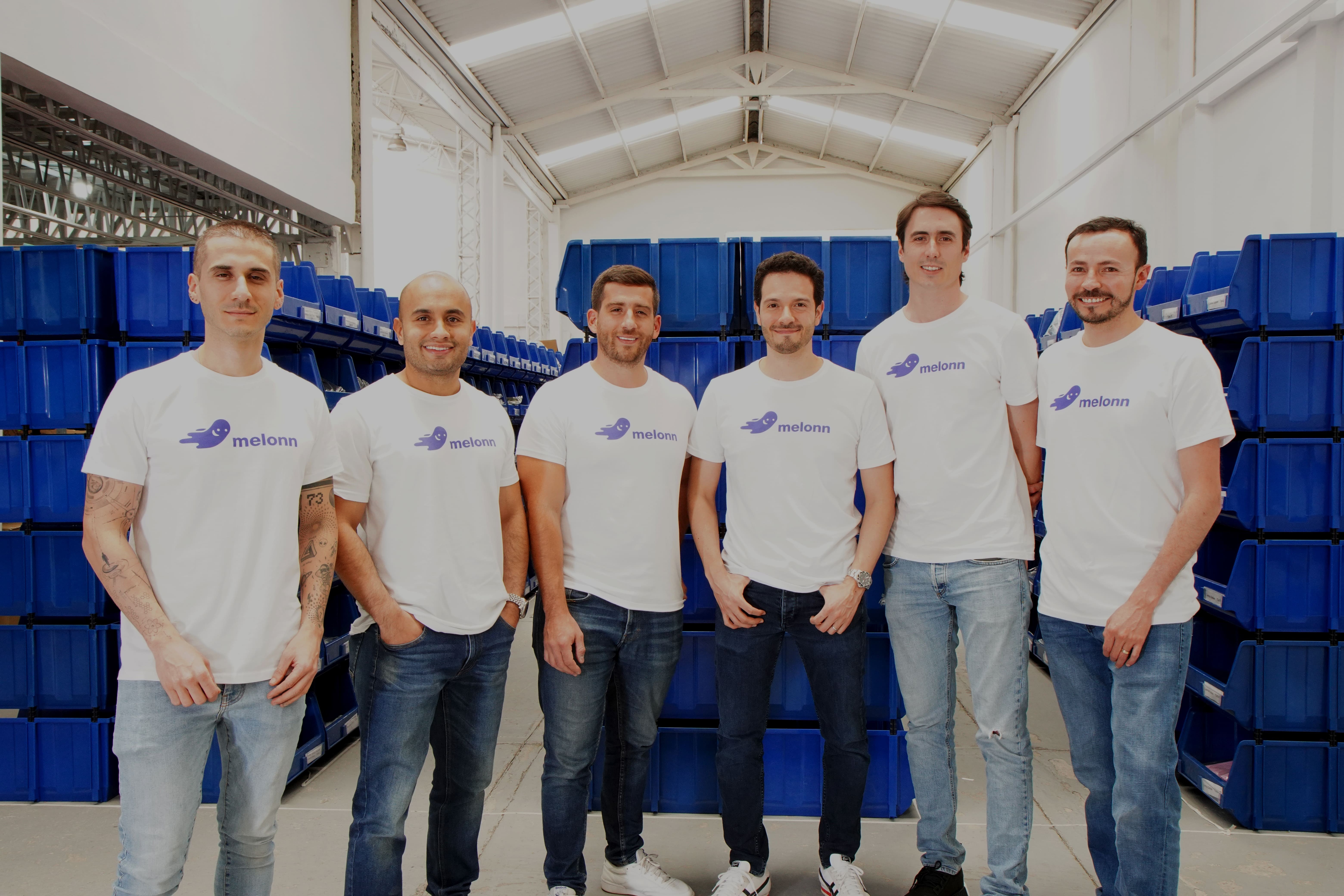The New York-based venture capital fund Gilgamesh Ventures announced its arrival at the end of January 2022. This arrival brings with it US$9.5 million to invest in U.S. and Latin American companies.
We spoke with Miguel Armaza, who together with Andrew Endicott leads Gilgamesh Ventures. According to him, this fund will invest two thirds of its capital in Latin American companies that are revolutionizing the fintech industry. This is what he told us:
Contxto (C.): Why create a new venture capital fund?
Miguel Armaza (M.A.): It may give the impression that the market is saturated and that there are many funds, but that is not the reality. Especially if you focus on specialized funds. For us, our strength is fintech.
There are not many specialized funds in the region. There are more in the United States, but I can count them on one hand. The market is only going to expand and will require more and more specialized funds.
Entrepreneurs really appreciate talking to generalist investment funds, and also to those who understand their industry, the difficulties and pains they have in building their fintech company.
C.: Why does Gilgamesh Ventures invest in fintech and not in another industry?
M.A.: It’s what we know. For example, I worked in banking for about a decade in Europe and the United States, covering the Latin American region. My partner founded a fintech company with more than 200 people, a company that raised more than US$700 million between debt and equity.
Also, in the last decade, the fintech sector has been at the forefront of entrepreneurship in Latin America and that is not going to change. Other sectors will grow, but in fintech there is still a lot to modernize and build. The last decade was very consumer-focused, but in the 2020s we will see more giants building fintech for SMEs, modernizing financial infrastructure and B2B services.
C.: What opportunities do Gilgamesh Ventures see in Latin America?
M.A.: The opportunity we see is to leapfrog stages and modernize the financial sector, so as to build something much more inclusive.
In fact, we see three segments that have a lot of potential. First, financial services for SMEs – not only credit, but financial services with technology in general. Second, modernizing the financial infrastructure. The third is to modernize the entire insurance industry. That is almost virgin territory; there are very few success stories, but in the next five to ten years we will see large insurtech companies.
Another sector with potential and a strong fintech angle is B2B marketplaces. These companies are digitizing buying and selling processes and are starting to make a big wave.
C.: Gilgamesh Ventures announced that it has US$9.5 million available for investment. How long do you expect to allocate this amount? Of that amount, do you have a figure earmarked exclusively for Latin American companies?
M.A.: I suspect we will invest that amount in 18 months, but our goal is to invest much more than that. And about two-thirds of that amount is earmarked for Latin America.
C.: How many companies in Latin America have you invested in so far?
M.A.: We have invested in 16 companies, of which 12 are from Latin America with headquarters in Sao Paulo, Mexico City, Santiago, Buenos Aires, Rio de Janeiro and Belo Horizonte. We will soon be adding more countries, and cities.
C.: In addition to these cities, can we know which other countries are already mapped for investment?
M.A.: The whole region. At Gilgamesh Ventures we will go wherever we find the opportunity. But we have to recognize that the venture capital model requires large markets.
However, we are backing regional companies, no matter where they are born, as long as they are building a service that is 10 times better than what already exists; that is the main thing. They have to be doing something revolutionary that is going to transform the financial industry.
C.: You announced that in addition to investing capital, Gilgamesh would help companies link up with associations and the media. Could you talk a little more about that?
M.A.: I have been in contact with both industry leaders and public relations people. There, I have learned what works and what doesn’t work in terms of communications; for example, how a round is announced and how a story is communicated. This is something we will help our portfolio companies with and is one of our strengths and differentiators.
We also have a podcast that gives us something unique, because it has accelerated our results thanks to two things: our listeners have become entrepreneurs and we have invested in them. I have interviewed entrepreneurs who have then invested in us.
C.: What are your plans for 2022?
M.A.: To support new groups of entrepreneurs. So far this year alone we have seen more than 100 companies.
We have companies that are growing and are going to reach ambitious profit goals this year, companies that are going to expand to other markets and that are moving higher and higher. And simply: I’m excited to grow with these companies and see the progress to contribute.
You may also be interested: Why Do Startups In Latam Need Alternative Paths to Liquidity






![The Complete List Of Latin American Unicorns [2022]](https://contxto.com/wp-content/uploads/2019/04/adorable-animal-canine-1564506-e1557348975581.jpg)
